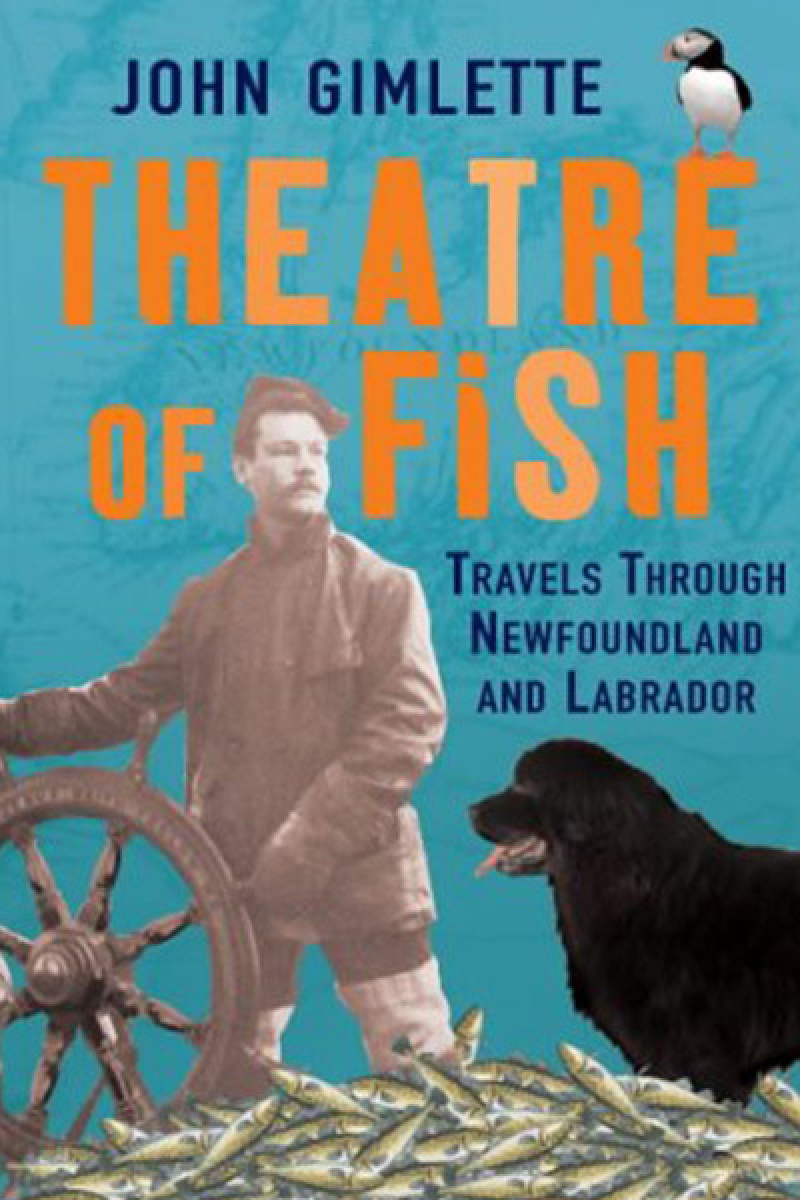Panther Soup

Panther Soup
By the end of World War II much of Western Europe was in chaos. The future of our world had been contested here, in the hinterlands of France and across the German plains. But what’s become of the battlefields now? Or the people that lived on them? And is there any trace of the 2.7 million Americans who smashed their way into the Reich (or the 12 million who followed)? With questions like these, the award-winning travel writer, John Gimlette, sets off on an astonishing journey into the past.
Beginning in Marseille and ending in the Austrian Tyrol, these are travels through some of the most spectacular landscapes in the world, and through cities that have risen from cinders. Along the way, Gimlette explores old camps and drinking dens, delves into the murky sub-culture of the war, and visits towns still reeling from the trauma. There’s a rich cast of survivors too: veterans, prisoners, a heroine of the resistance, a few charlatans, Rommel’s son, an Austrian chatelaine and of course the children of the Blitz. Panther Soup is the story of these encounters, a tale as bleak and absurd as the war itself.
But this is also an uplifting tale of recovery, friendship and regeneration. Foremost amongst the survivors is an American called Putnam Flint. Sixty years earlier, Flint had fought with the tank destroyers (or “Panthers”) and had ridden along with the great wheeled city that rolled through Europe. It had been an undertaking of unimaginable scale and complexity, and for most of his life, Flint had lived with the memories of the tank-mangled sludge (the “Panther Soup” of the title). Now, for the first time, he’ll return, and, as he and Gimlette retrace the old campaign trail, a very different Europe is revealed to them both.
 John Gimlette
John Gimlette




